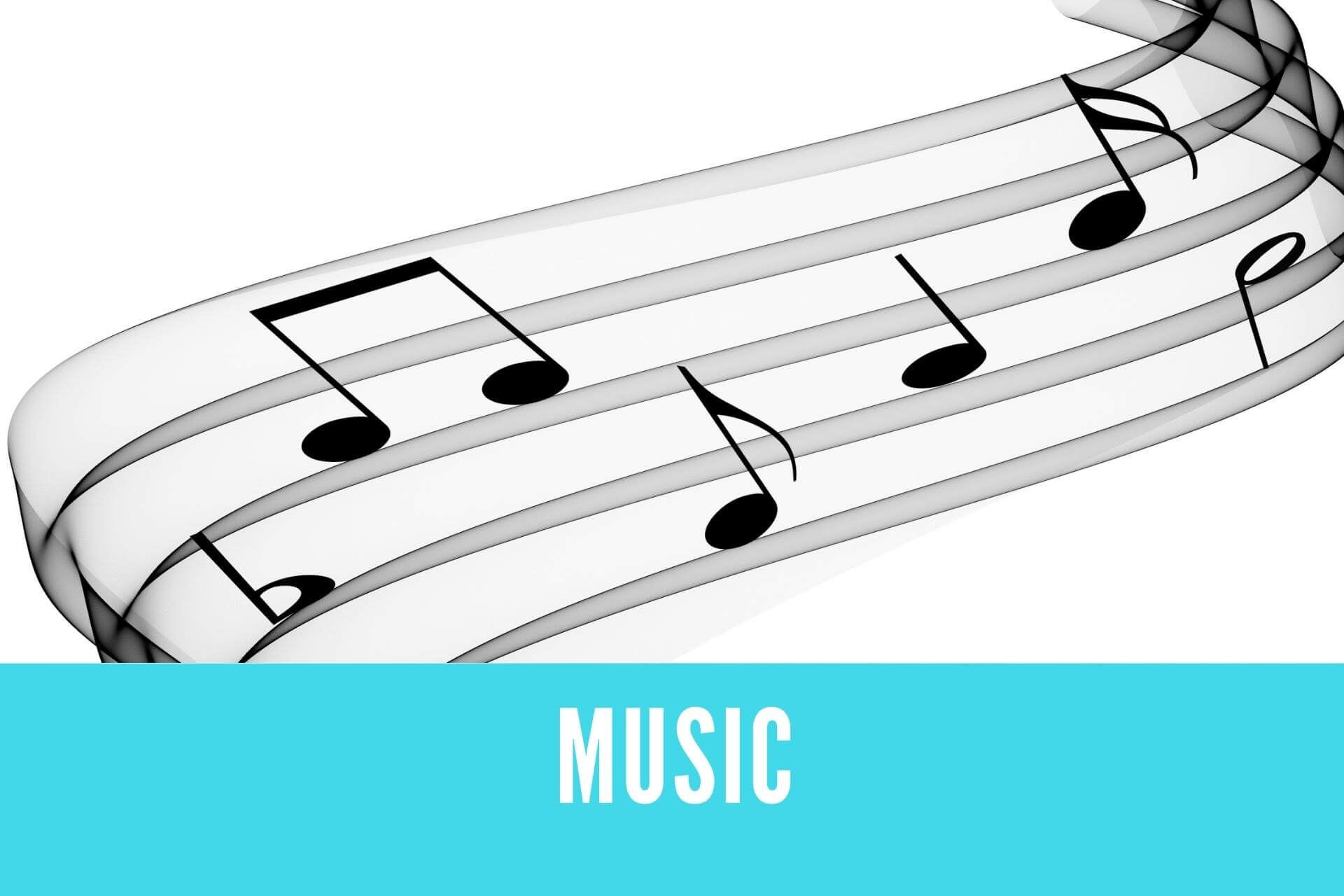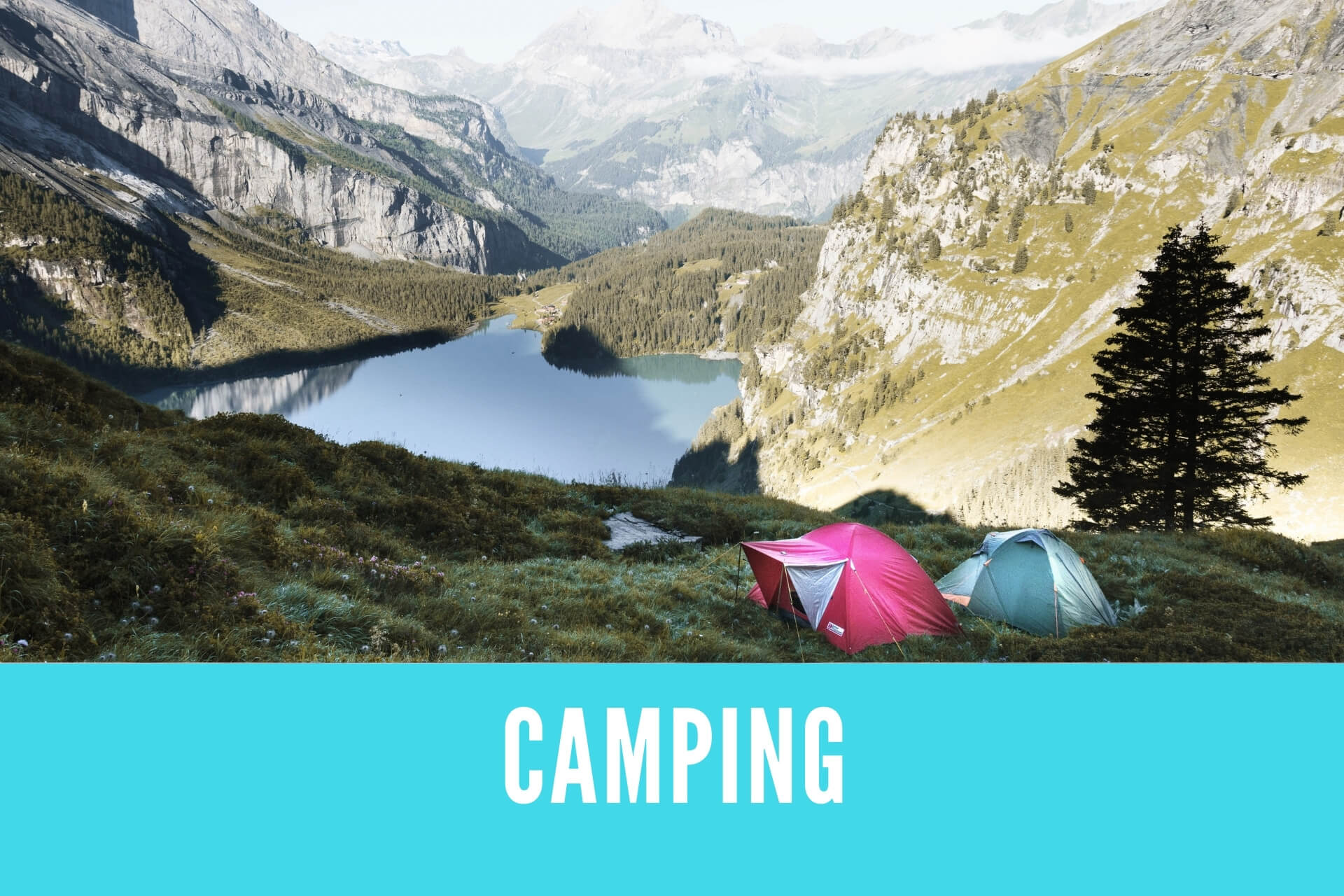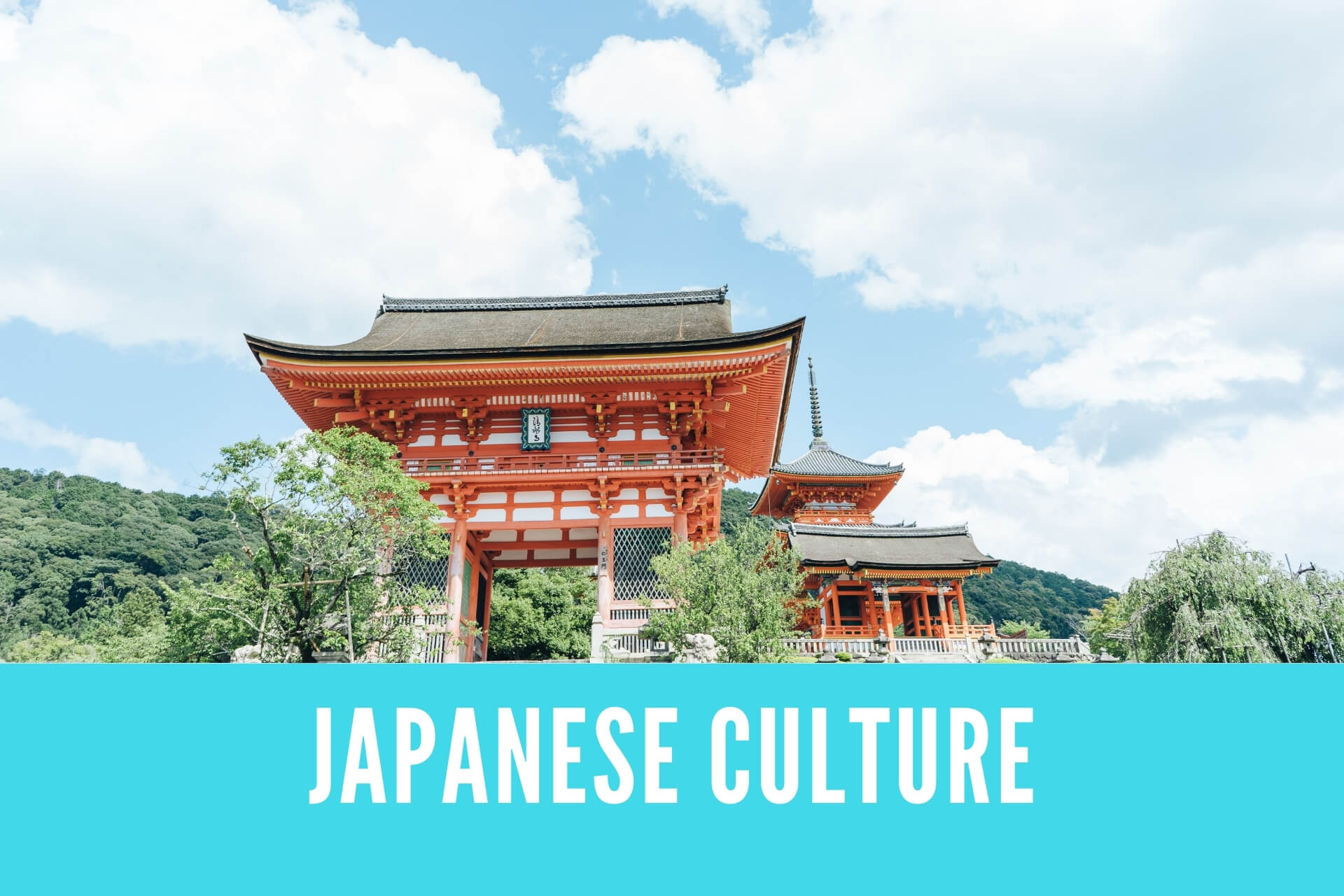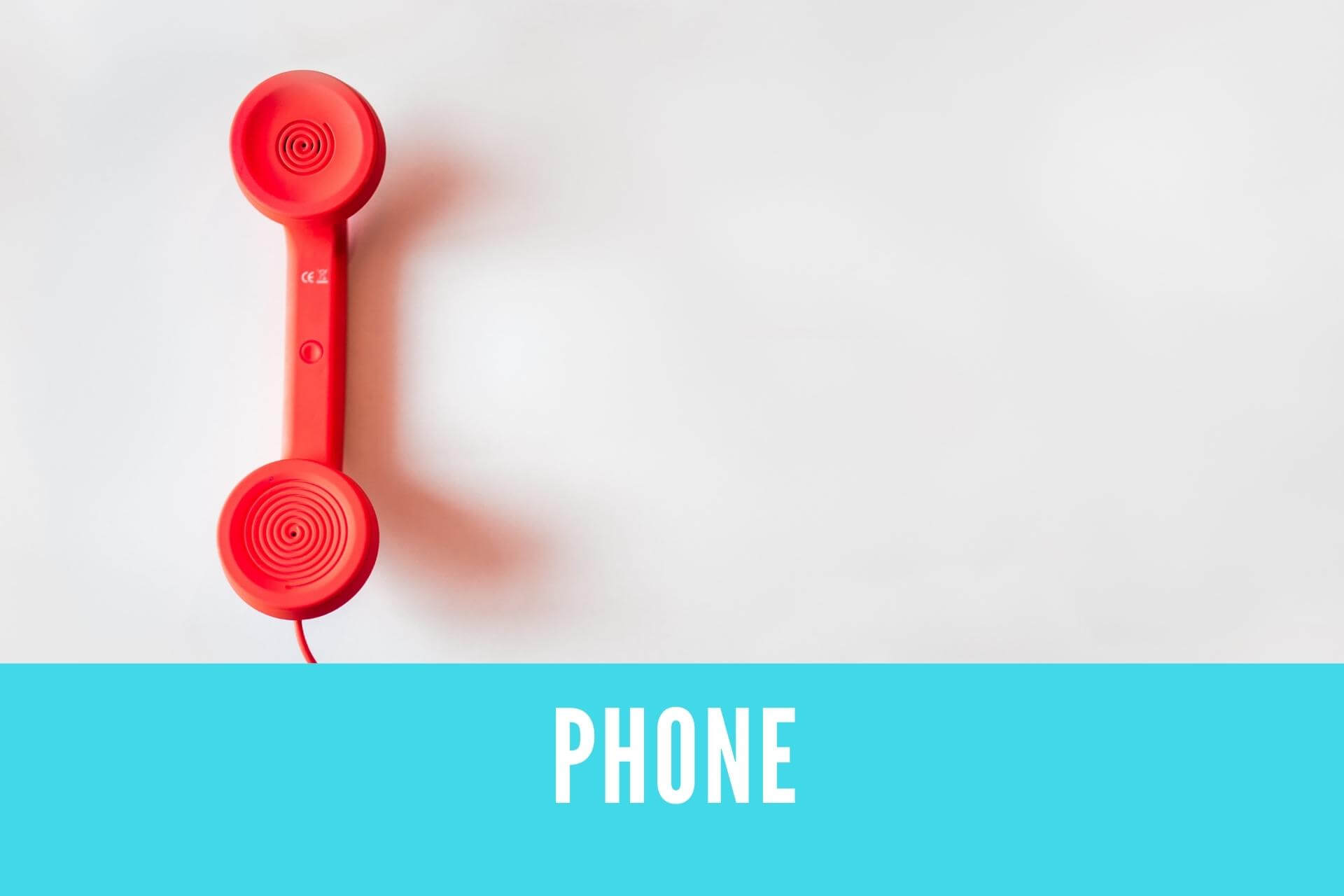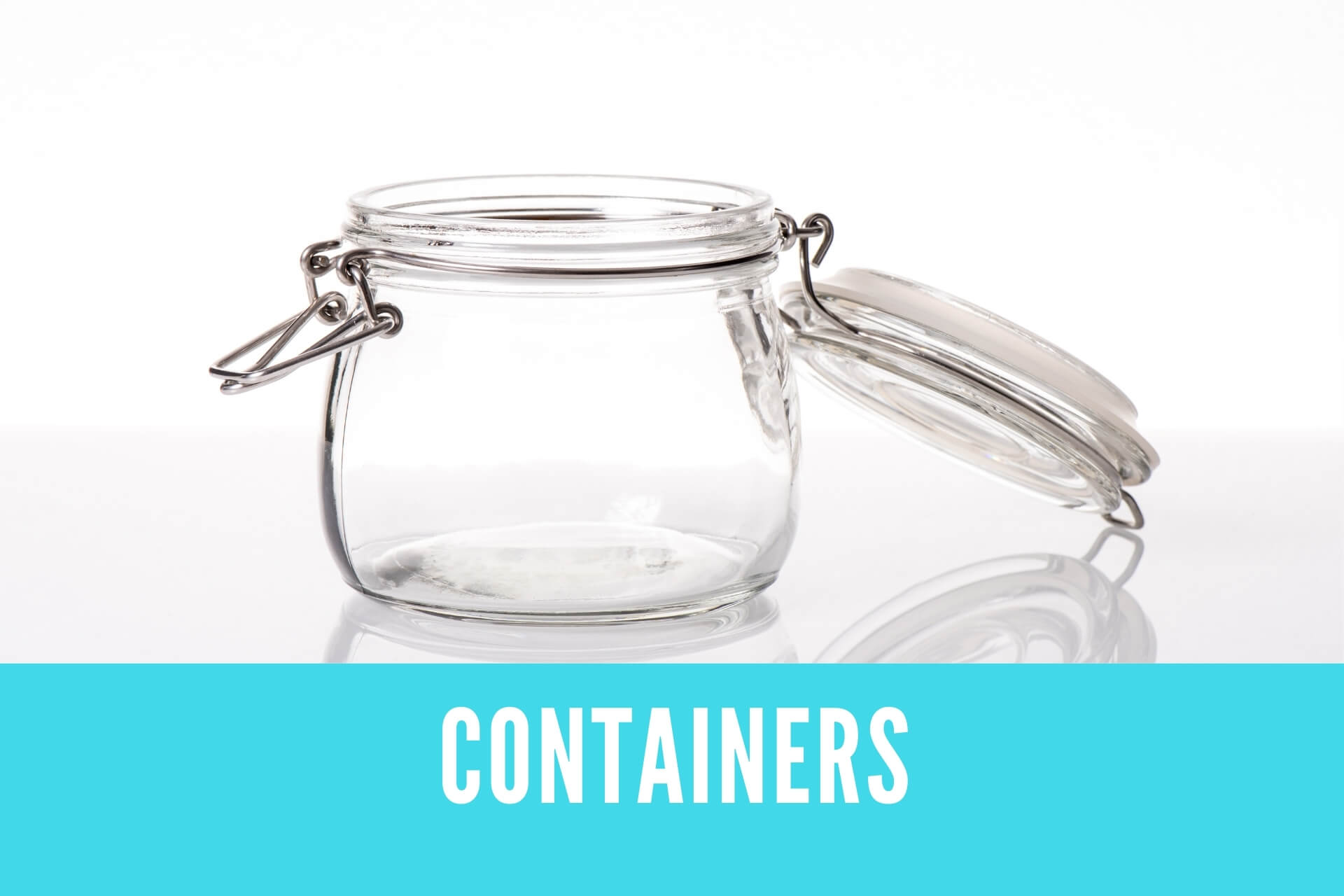【英語】科学の名詞(Science) Answer Key
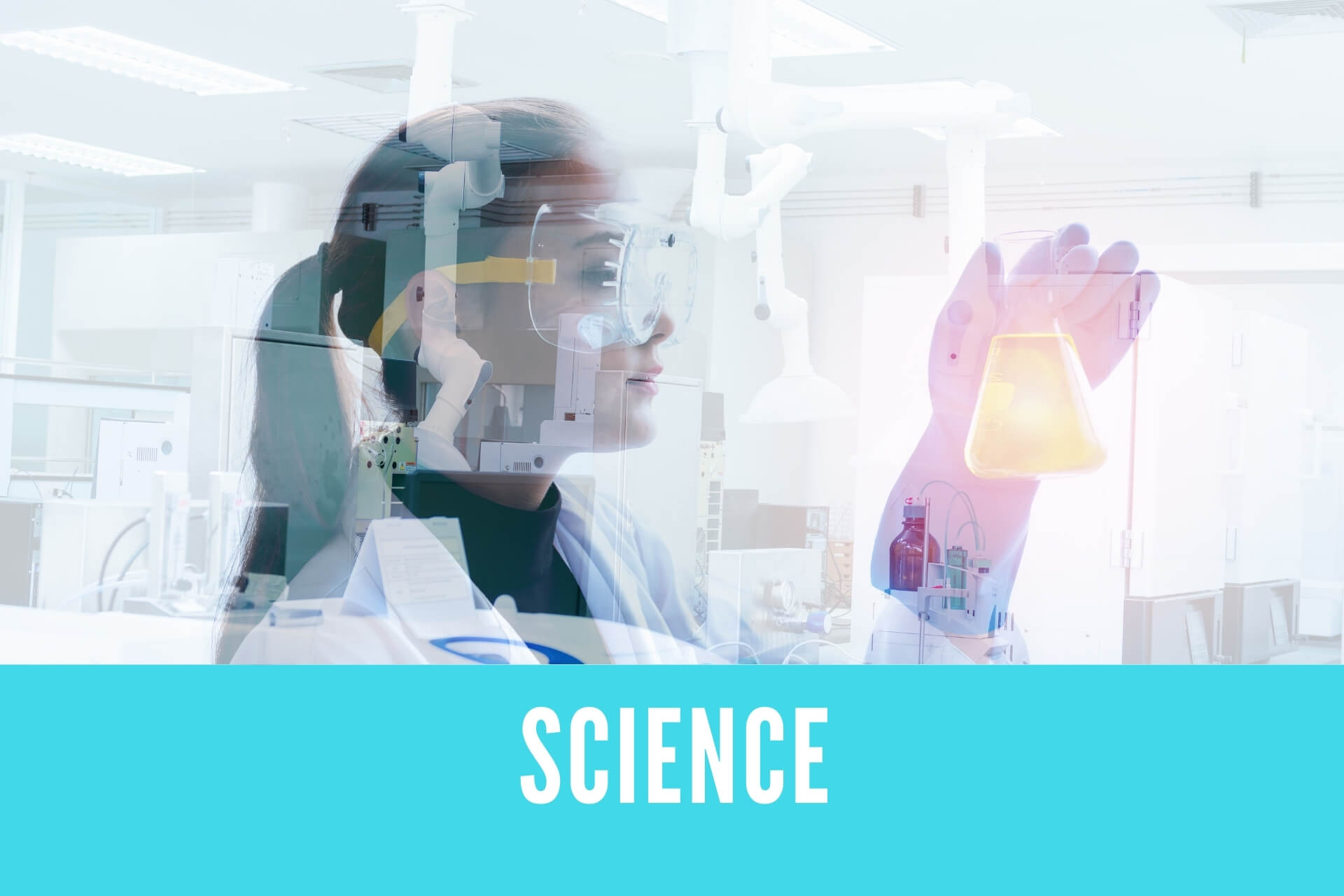
こちらは、「Science」のAnswer Keyです。
インプットできたら、フラッシュカードへどうぞ。
Answer Key
実験道具
microscope【ˈmaɪkrəskəʊp】
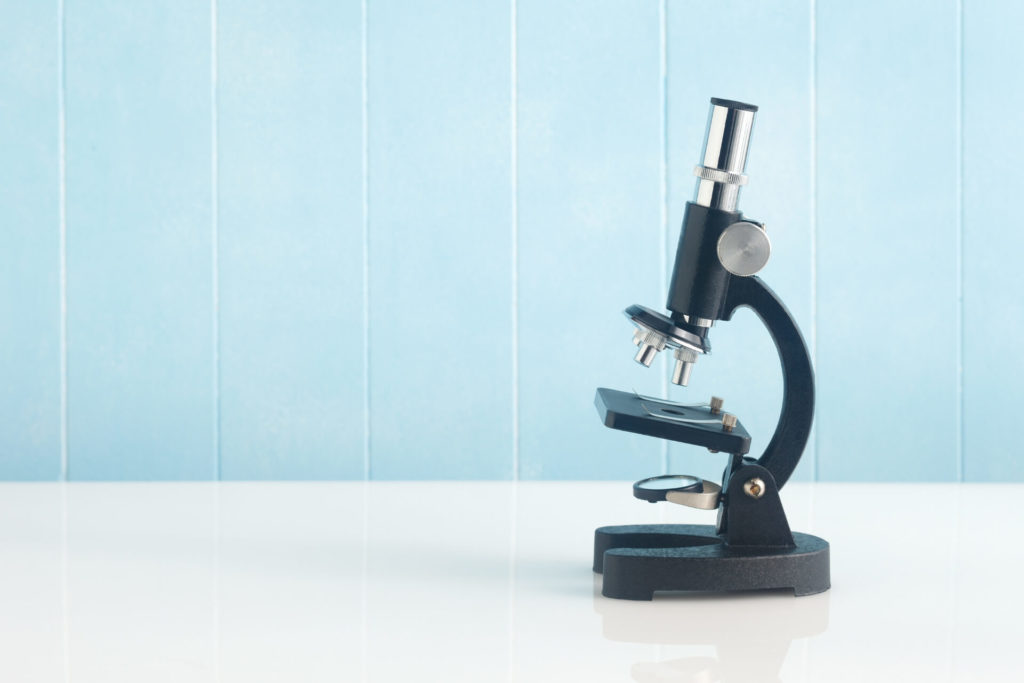
:an instrument used in scientific study for making very small things look larger so that you can examine them carefully
safety goggles【ˈseɪfti ɡɑːɡlz】

test tube【ˈtest tuːb】
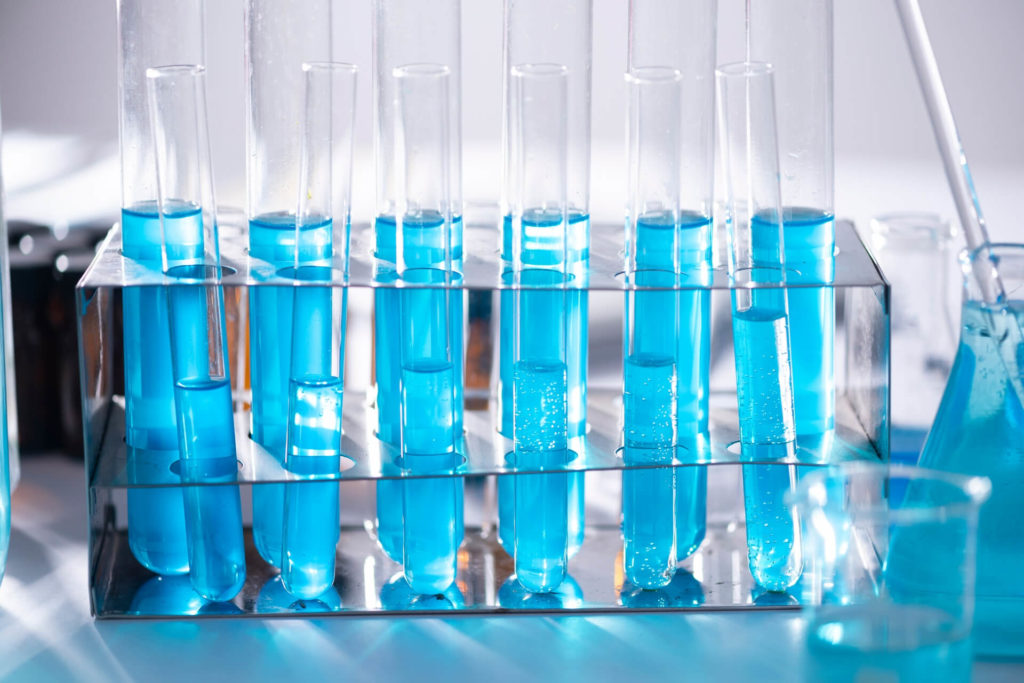
:a small glass tube, closed at one end, that is used in scientific experiments
beaker【ˈbiːkər】
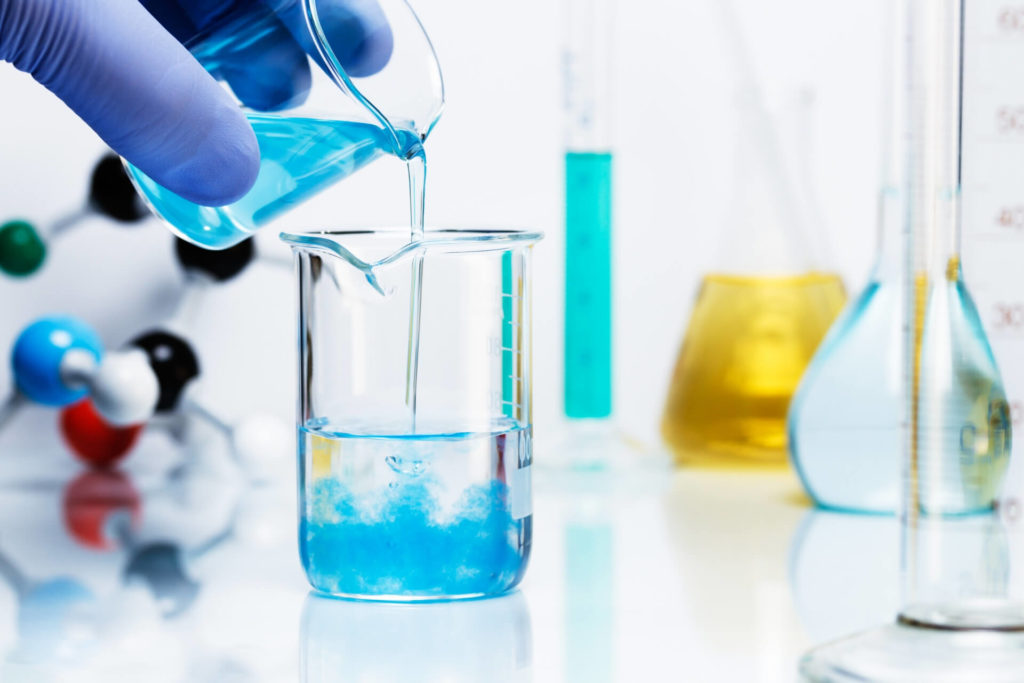
:a glass cup with straight sides and a lip, used in chemistry, for example for measuring liquids
flask【flæsk】
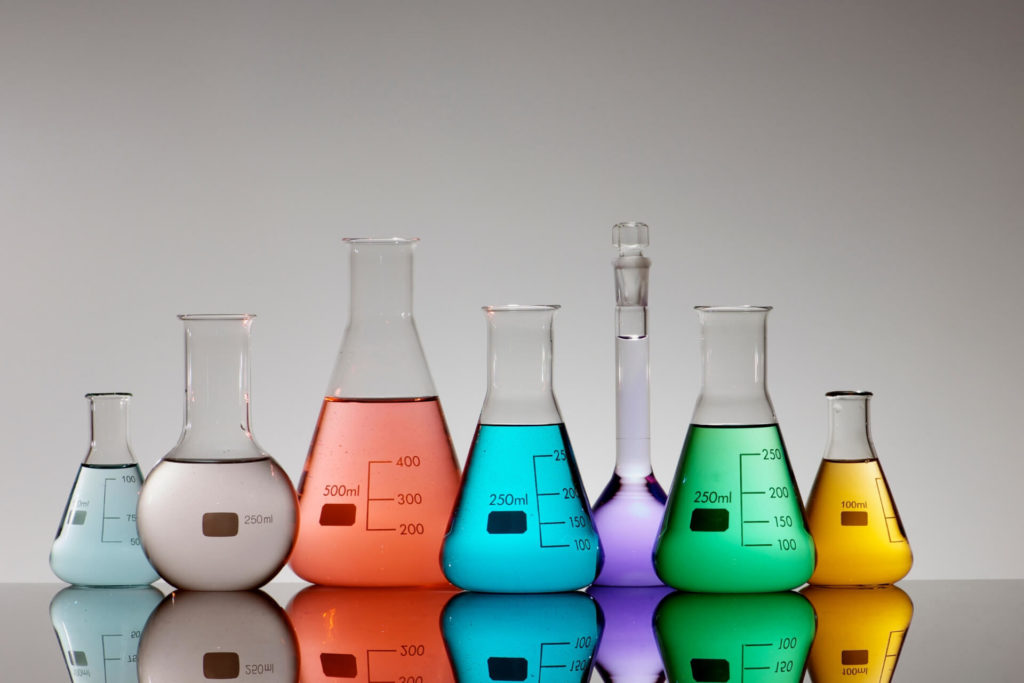
:a bottle with a narrow top, used in scientific work for mixing or storing chemicals
dropper【ˈdrɑːpər】
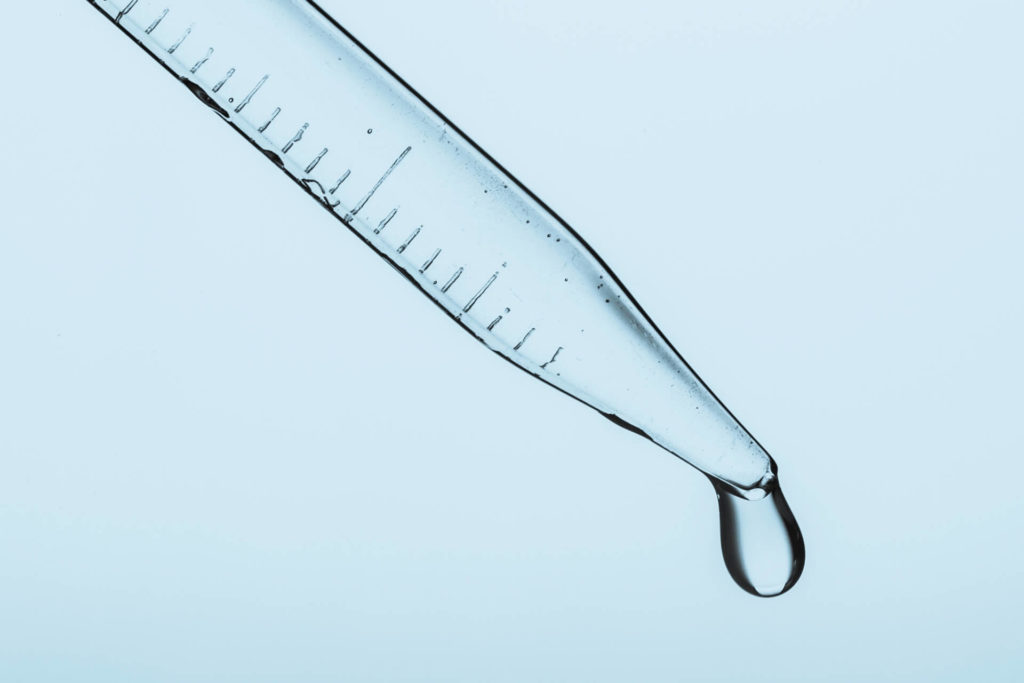
:a short glass tube with a hollow rubber end used for measuring medicine or other liquids in drops
▶︎「スポイト」はオランダ語です⚠️
slide【slaɪd】
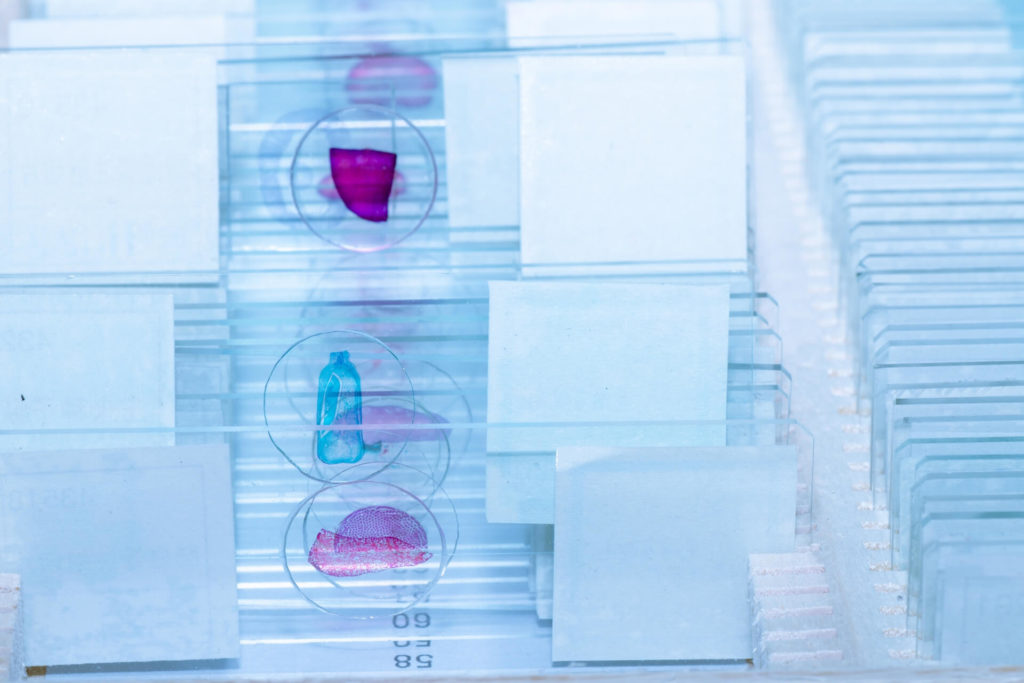
:a small piece of glass that something is placed on so that it can be looked at under a microscope
thermometer【θərˈmɑːmɪtər】
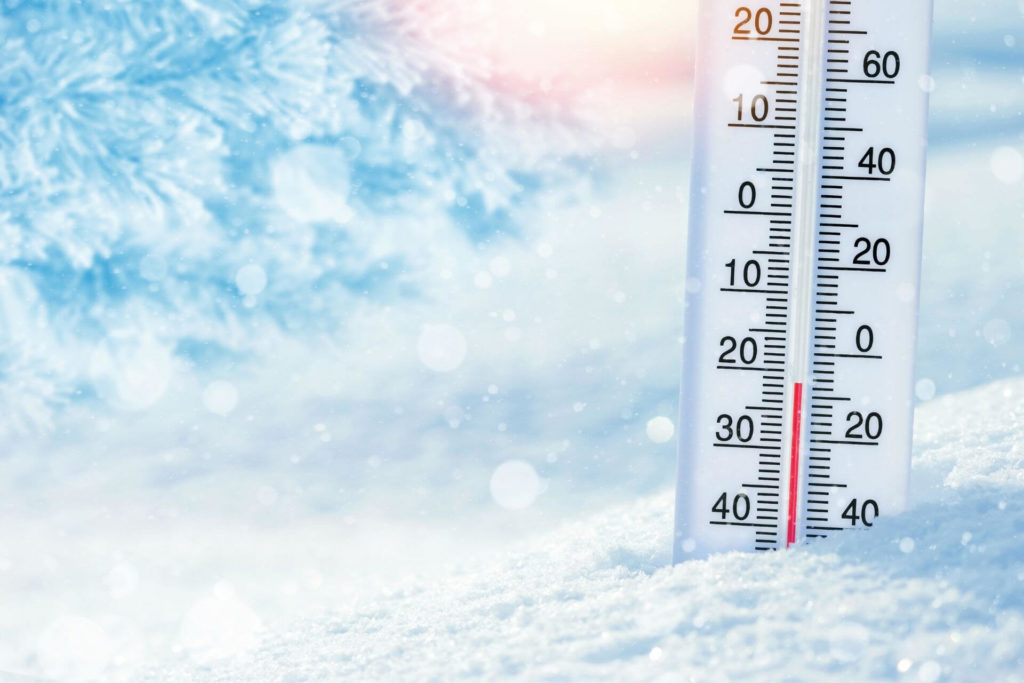
:an instrument used for measuring the temperature of the air, a person’s body, etc.
▶︎「体温計」も同じ名称です。
Bunsen burner【ˌbʌnsn ˈbɜːrnər】
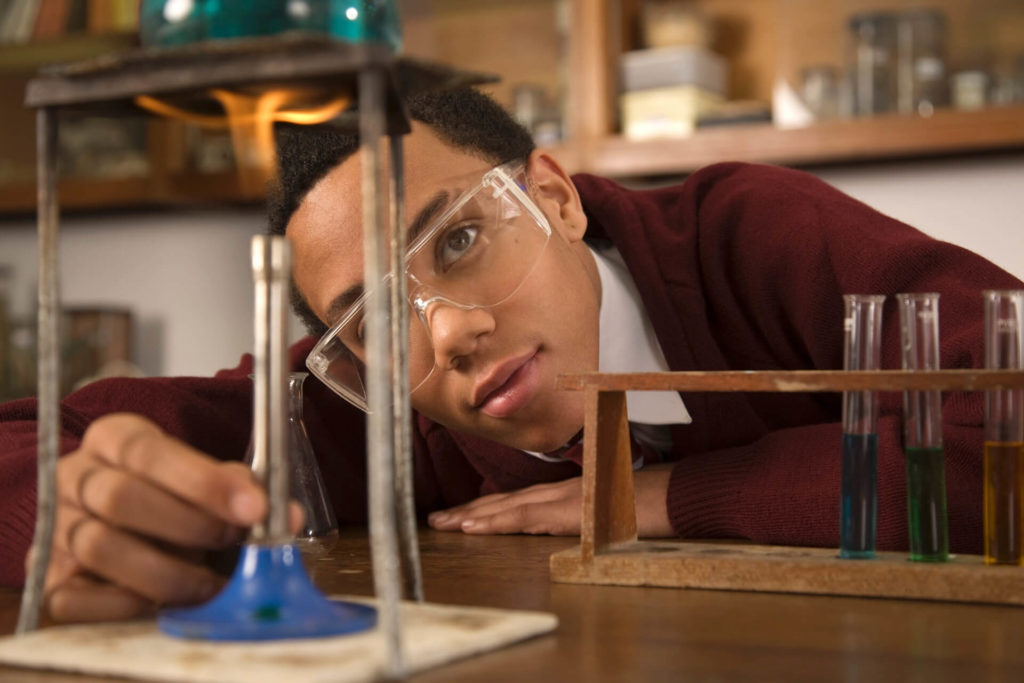
:an instrument used in scientific work that produces a hot gas flame
▶︎ドイツの「Robert Bunsen」氏が発明しました。
magnet【ˈmæɡnət】
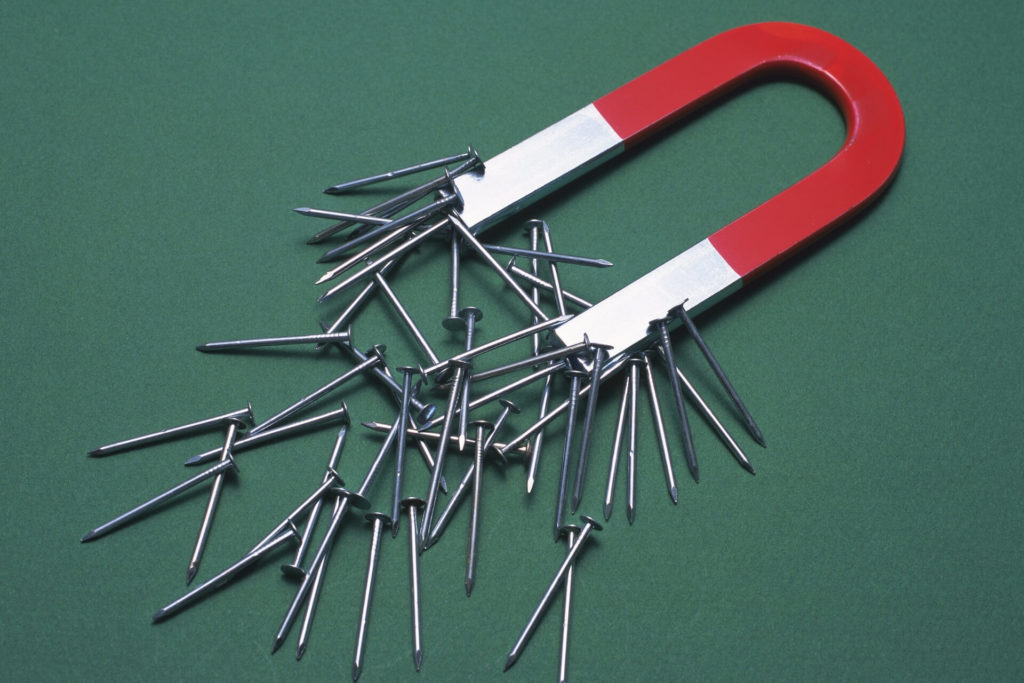
:a piece of iron that attracts objects made of iron towards it, either naturally or because of an electric current that is passed through it
laboratory【ˈlæbrətɔːri】
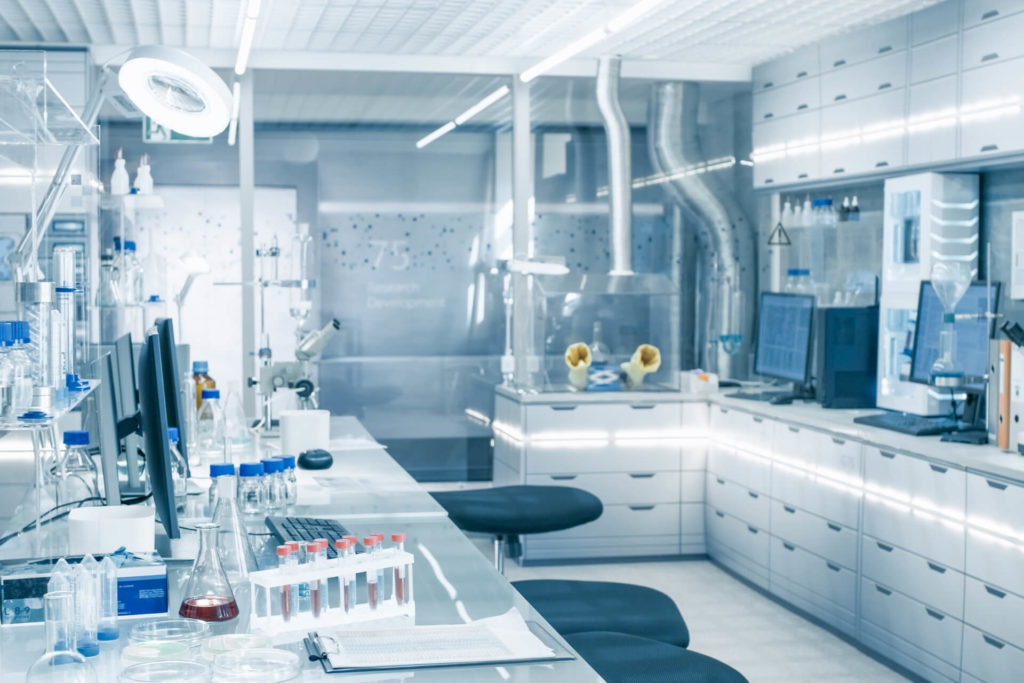
:a room or building used for scientific research, experiments, testing, etc.
実験室
drone【drəʊn】

:an aircraft without a pilot, controlled from the ground, used for taking photographs, dropping bombs, delivering goods, etc.
ドローン
物質、状態など
solid【ˈsɑːlɪd】
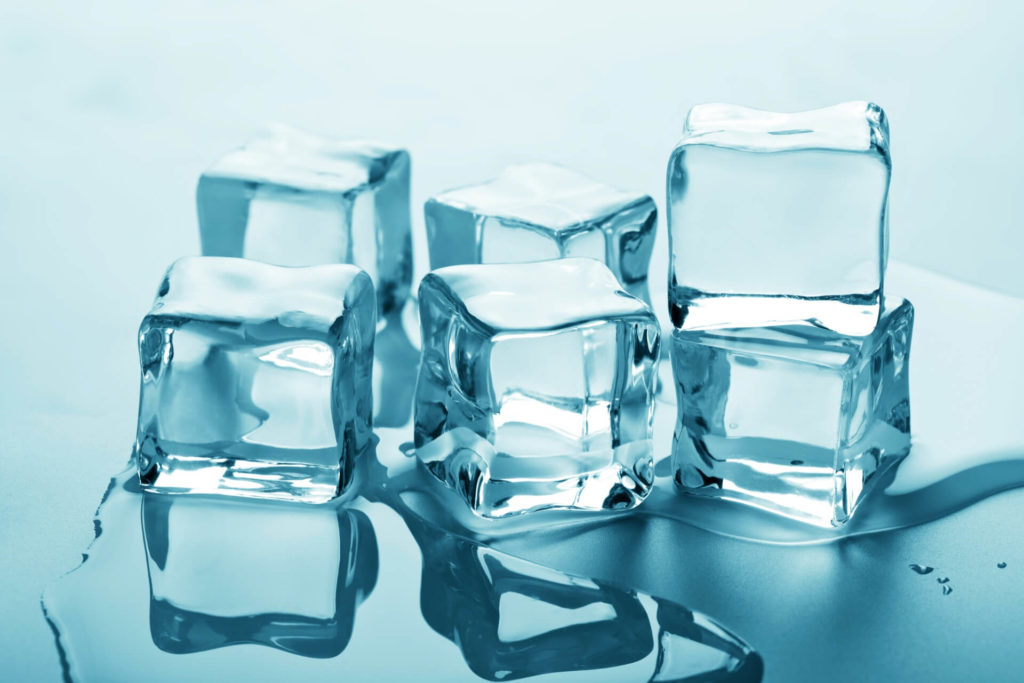
:a substance or an object that is solid, not a liquid or a gas
固体
liquid【ˈlɪkwɪd】

:a substance that flows freely and is not a solid or a gas, for example water or oil
液体
gas【ɡæs】
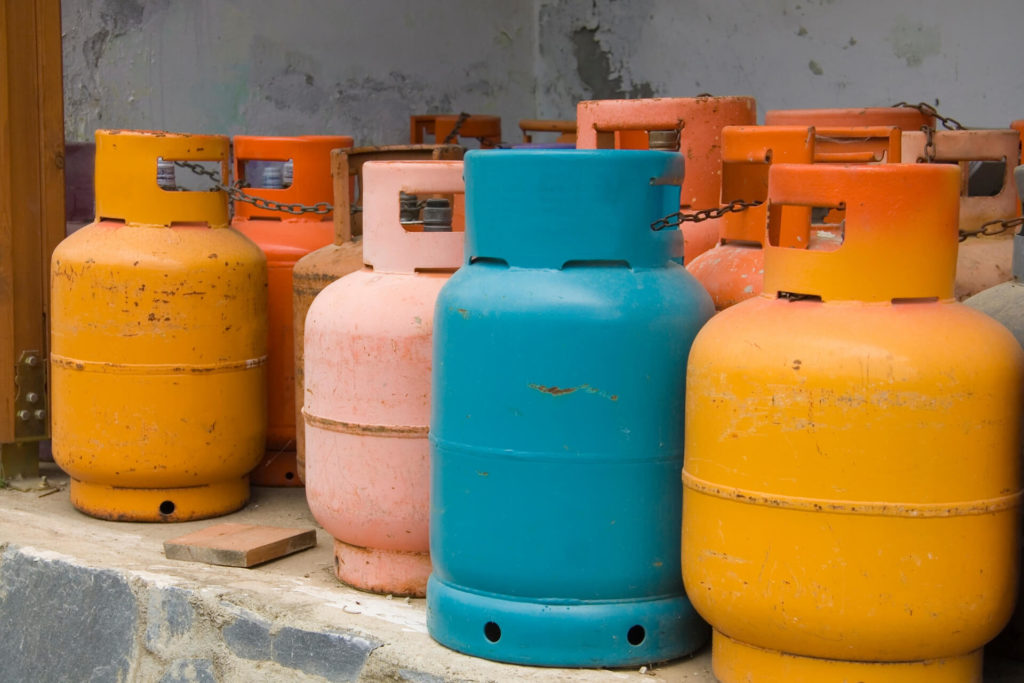
:any substance like air that is neither a solid nor a liquid, for example hydrogen or oxygen
気体
dry ice【ˌdraɪ ˈaɪs】
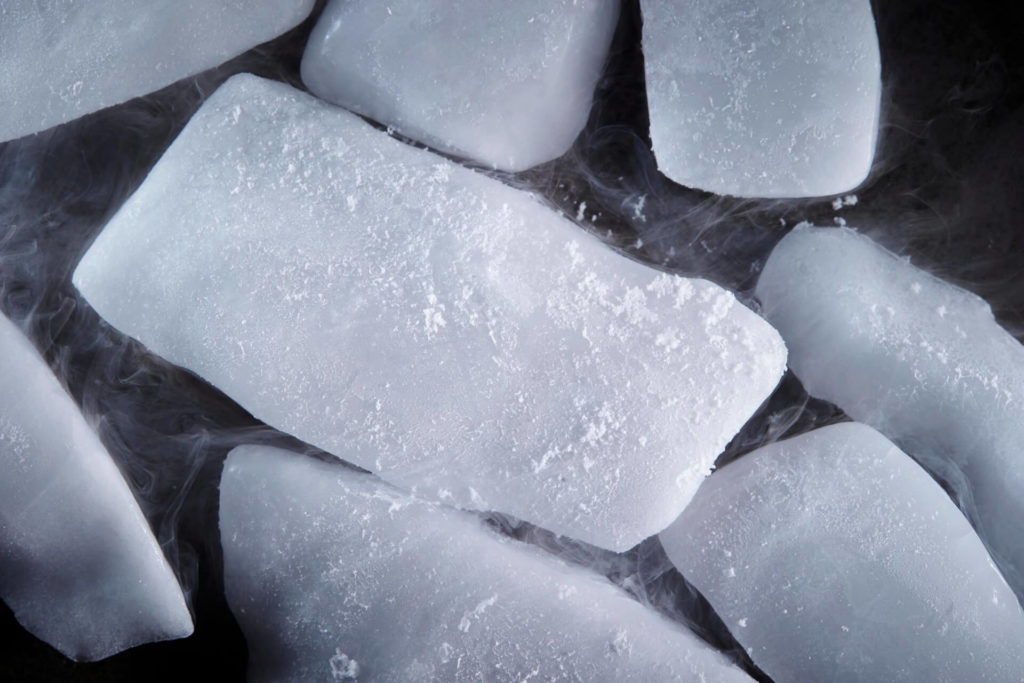
:solid carbon dioxide used for keeping food, etc. cold or for producing special effects in the theatre
condensation【ˌkɑːndenˈseɪʃn】
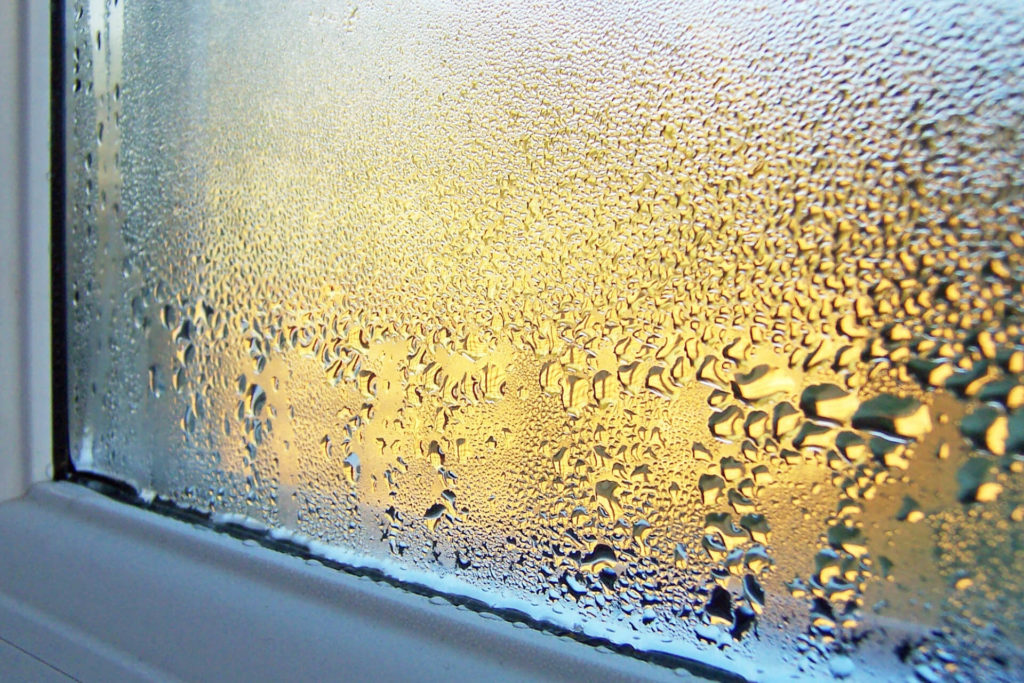
:drops of water that form on a cold surface when warm water vapour becomes cool
結露
crystal【ˈkrɪstl】
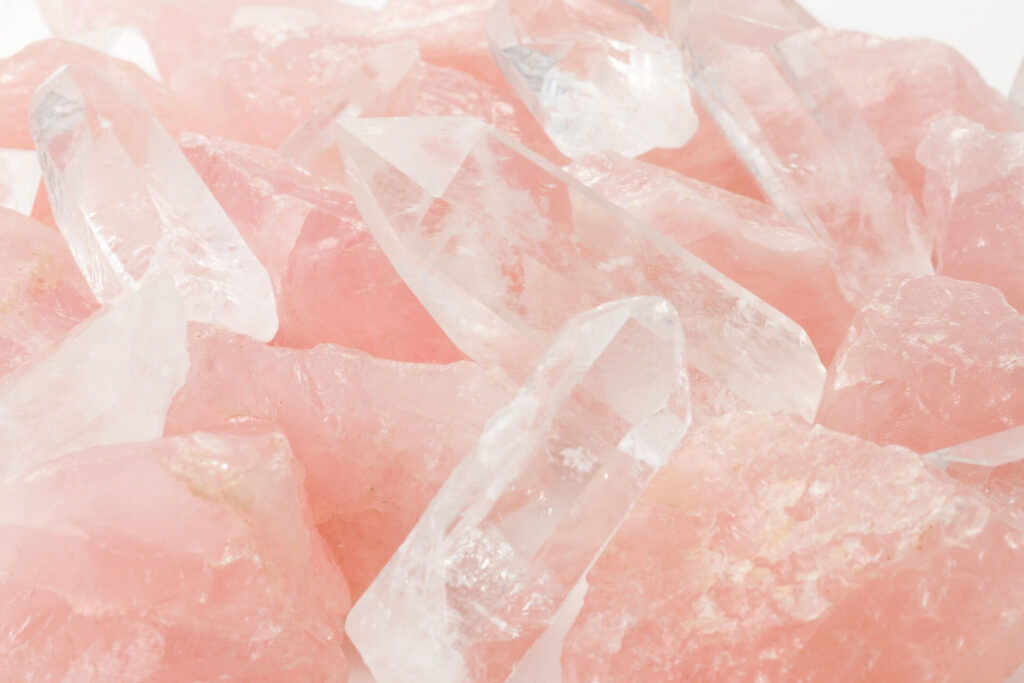
:a small piece of a substance with many even sides, that is formed naturally when the substance becomes solid
結晶
molecule(s)【ˈmɑːlɪkjuːl】
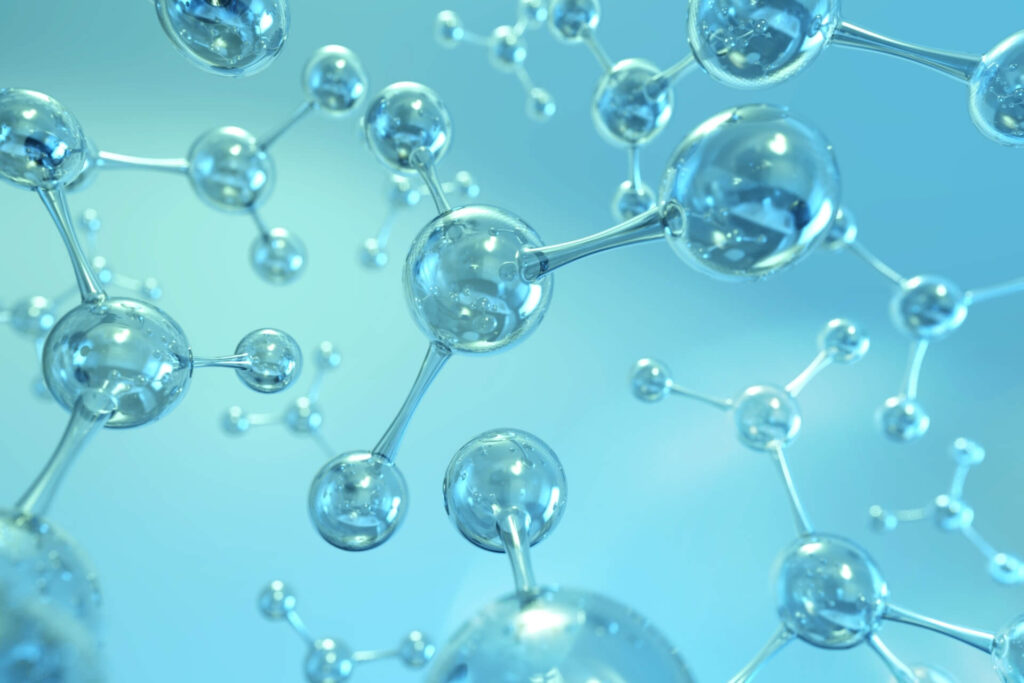
:a group of atoms that forms the smallest unit that a substance can be divided into without a change in its chemical nature
分子
遺伝子工学
cell【sel】
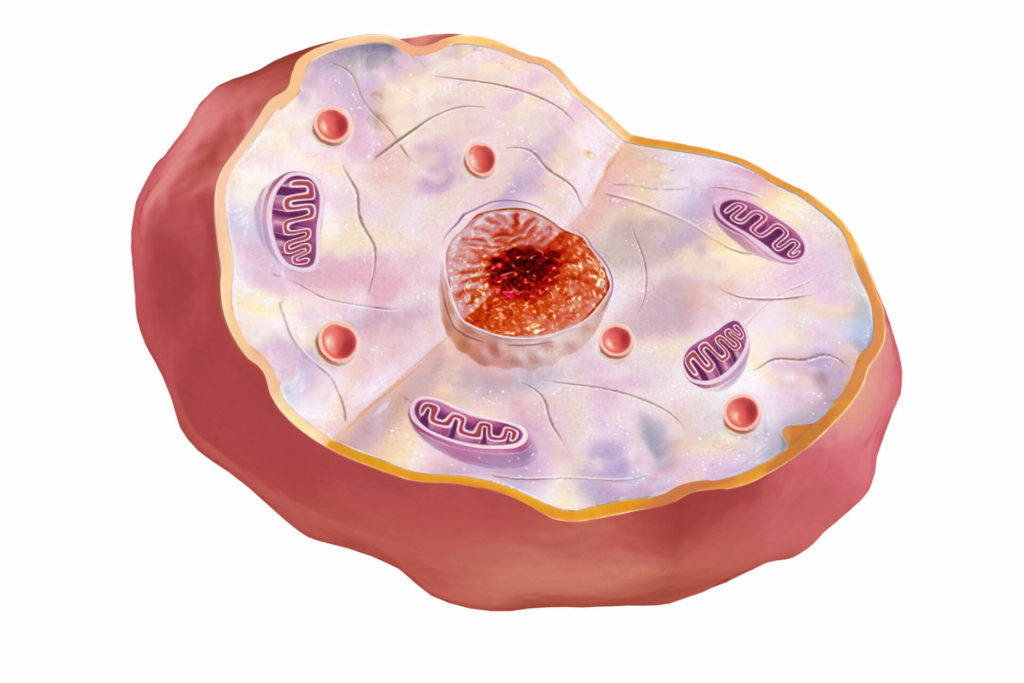
:the smallest unit of living matter that can exist on its own. All plants and animals are made up of cells.
DNA【ˌdiː en ˈeɪ】
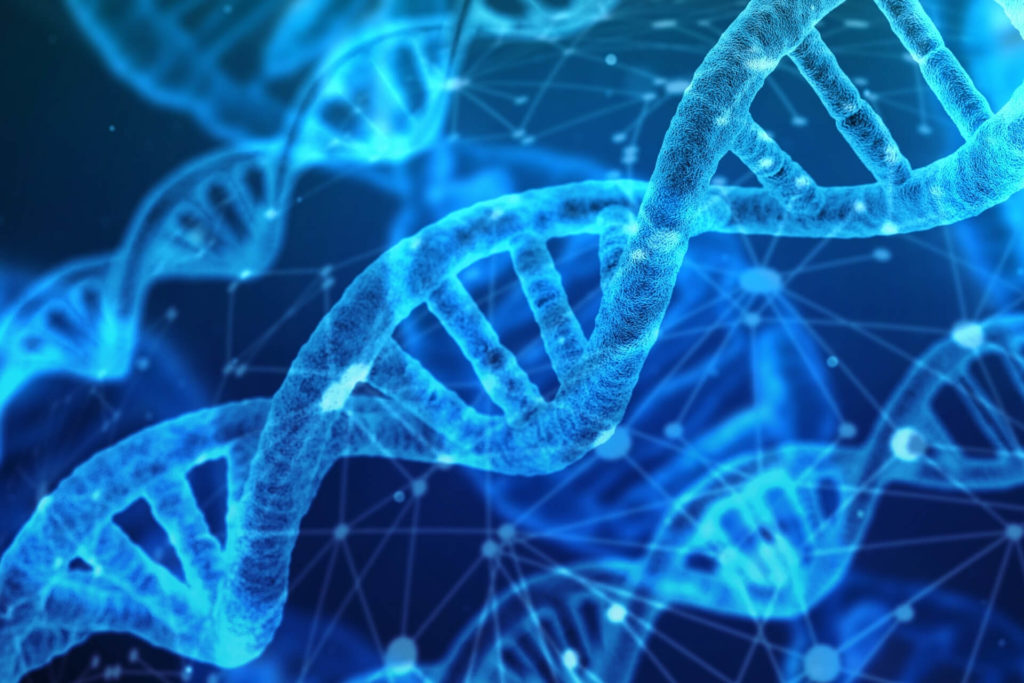
:the chemical in the cells of animals and plants that carries geneticinformation and is a type of nucleic acid (the abbreviation for ‘deoxyribonucleic acid’)
cloning【ˈkloʊ.nɪŋ】
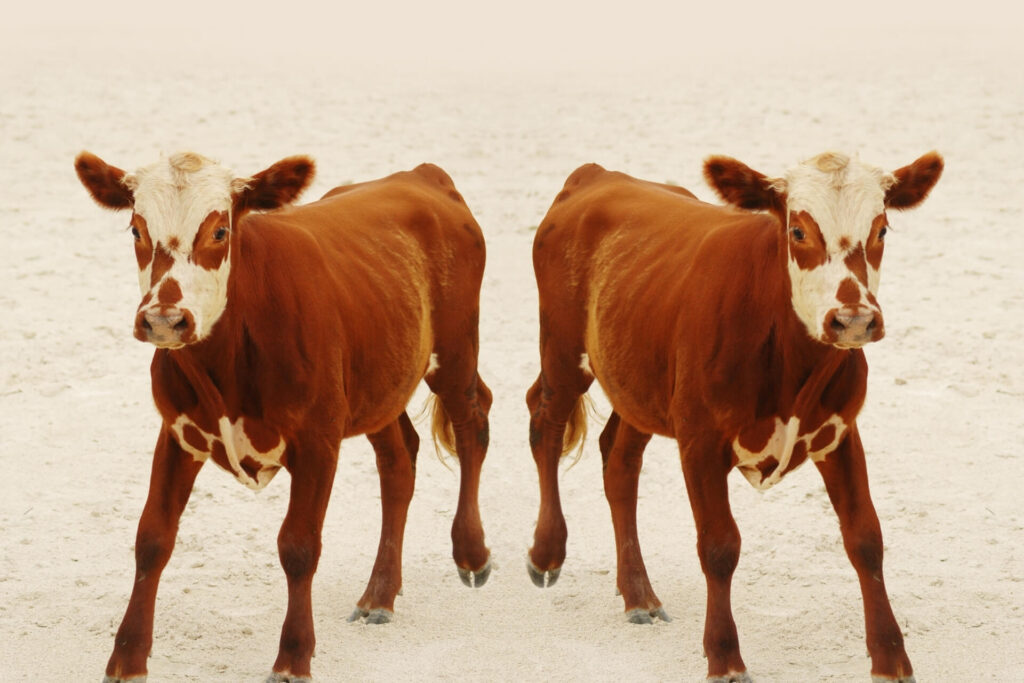
:the process of creating an exact copy of a plant or animal by using its cells
genetic engineering【dʒəˌnetɪk endʒɪˈnɪrɪŋ】
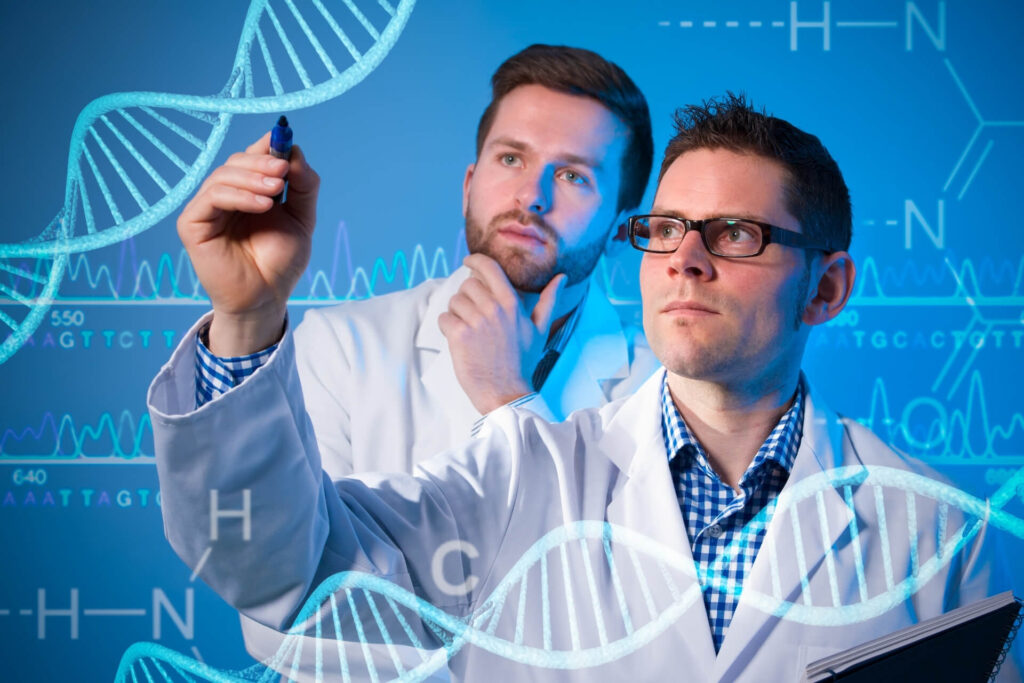
:the science of changing how a living creature or plant develops by changing the information in its genes
遺伝子工学
電気
static electricity【ˌstætɪk ɪˌlekˈtrɪsəti】
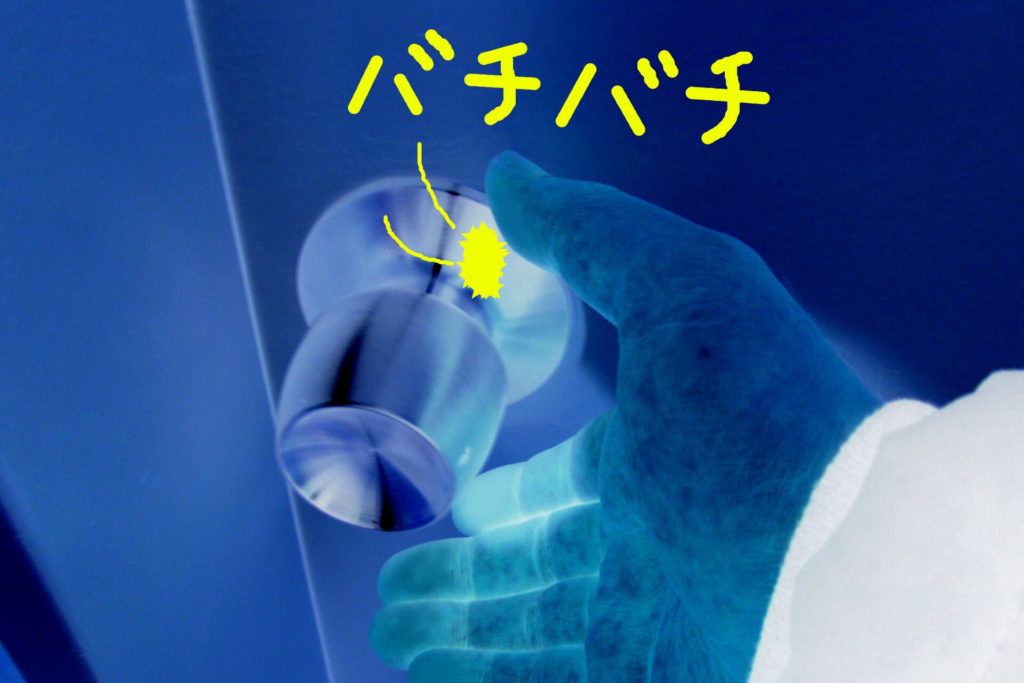
:electricity that gathers on or in an object that is not a conductor of electricity
electric shock【ɪˌlektrɪk ˈʃɑːk】
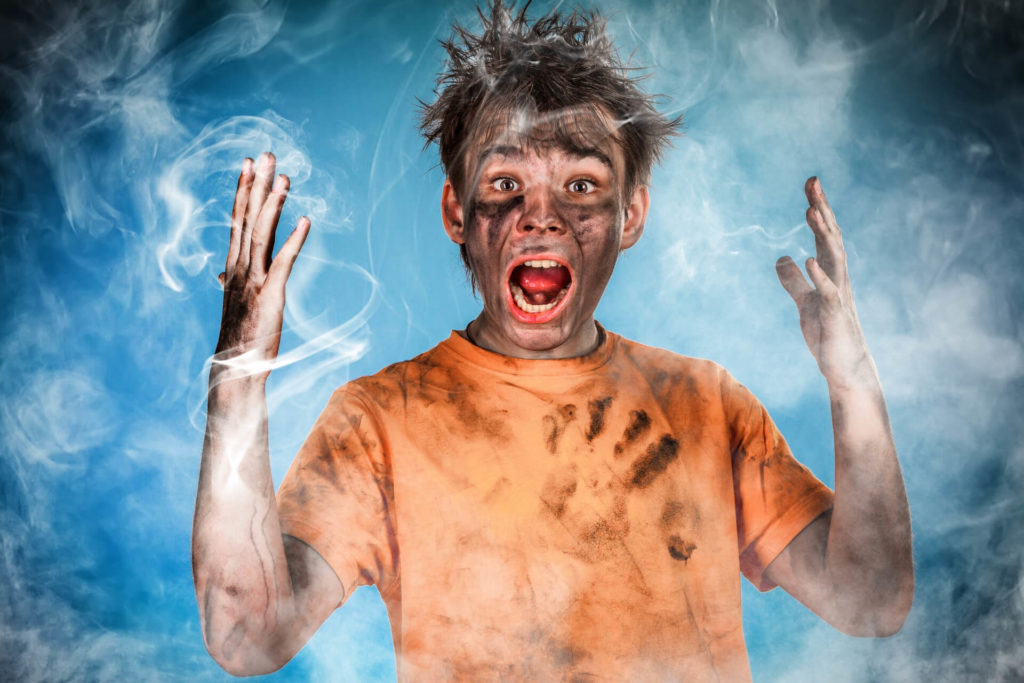
:a sudden flow of electricity through a part of the body, causing pain and sometimes death
科学者など
scientist【ˈsaɪəntɪst】
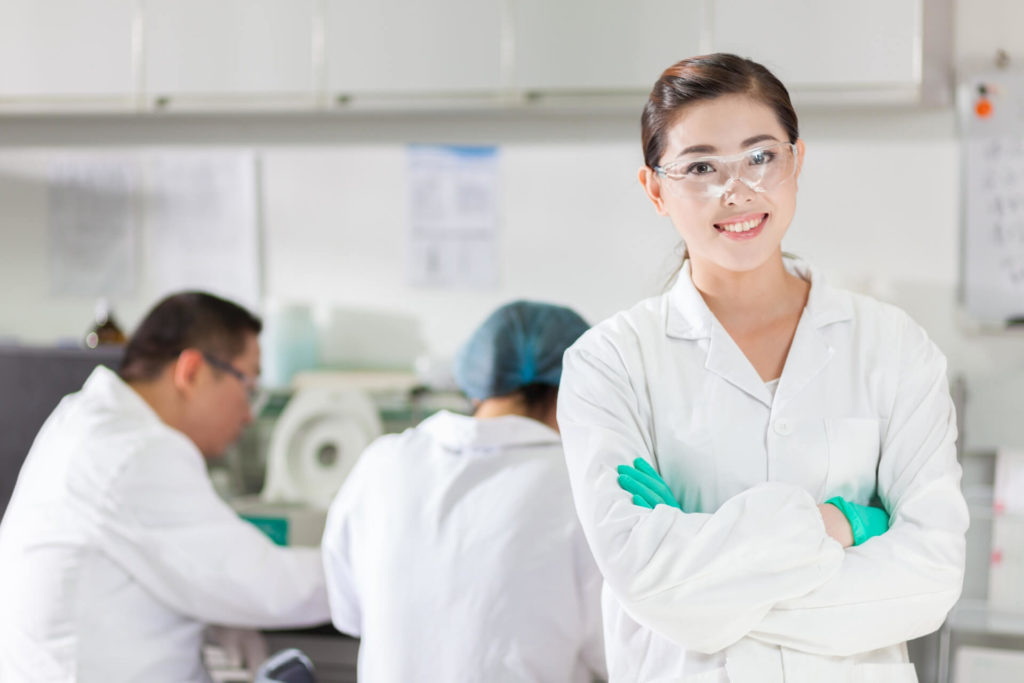
:a person who studies one or more of the natural sciences (= for example, physics, chemistry or biology)
experiment【ɪkˈsperɪmənt】
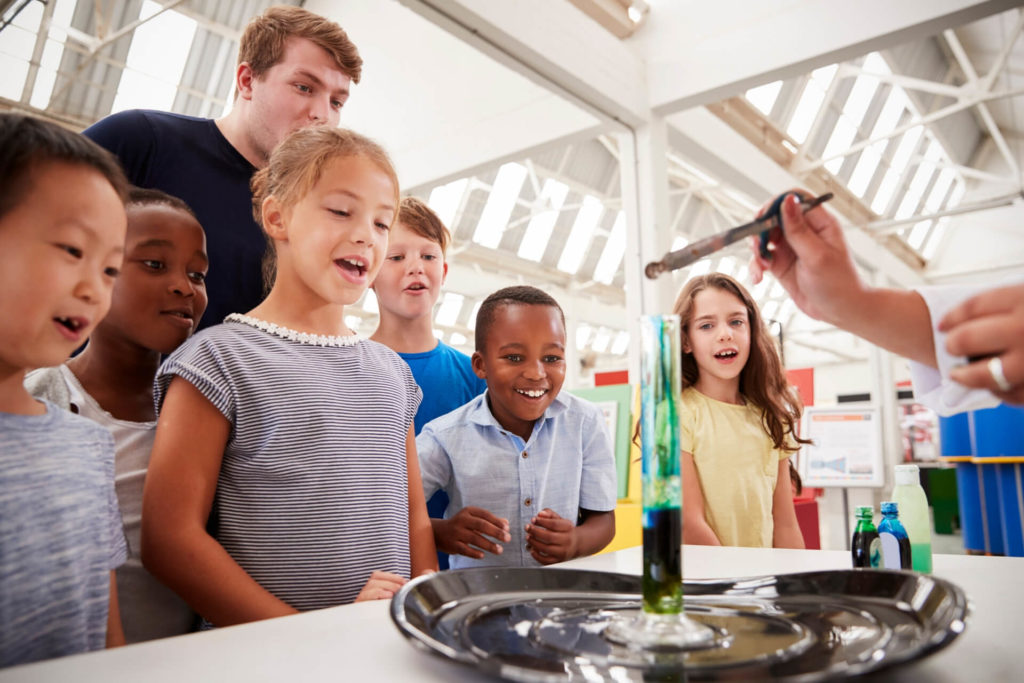
:a scientific test that is done in order to study what happens and to gain new knowledge
実験
reaction【riˈækʃn】
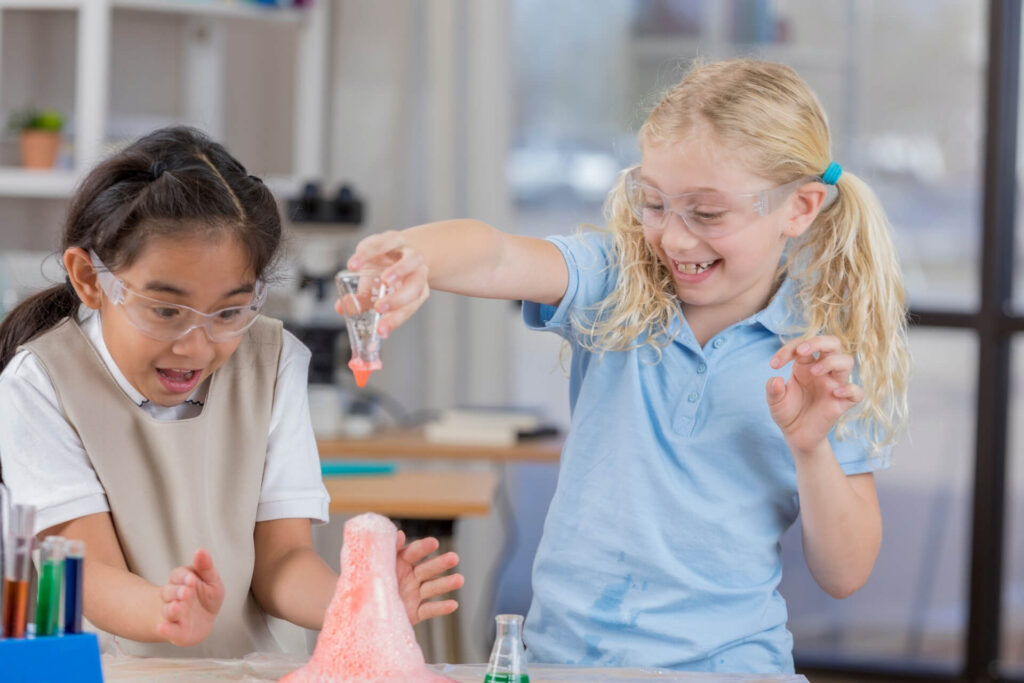
:a chemical change produced by two or more substances acting on each other
化学変化
result(s)【rɪˈzʌlt】
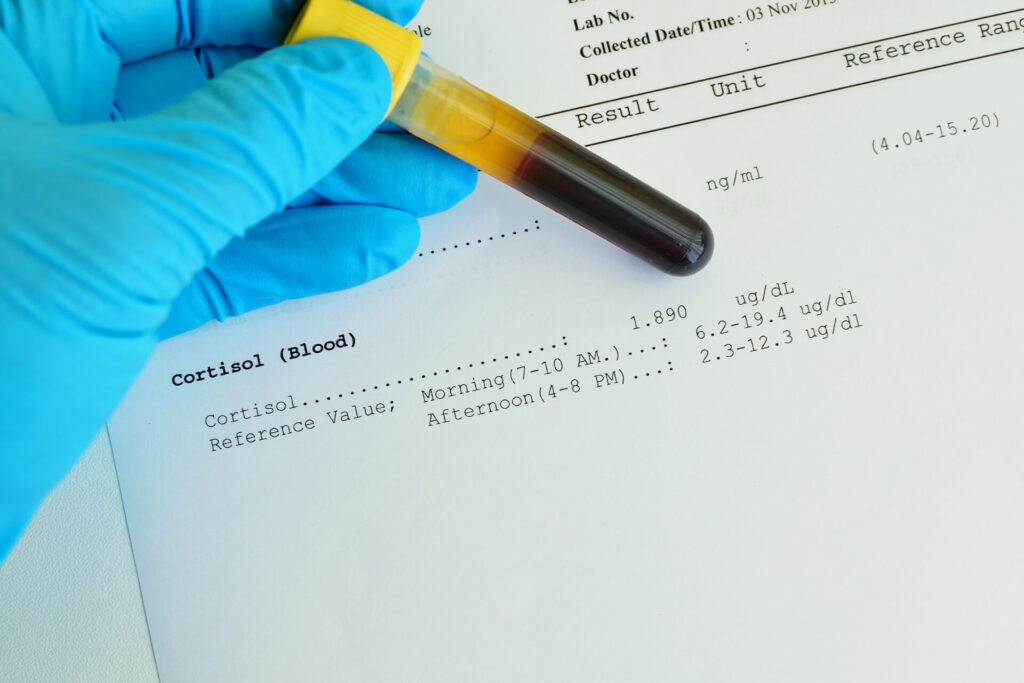
:the information that you get from a scientific test or piece of research
実験結果
hypothesis【haɪˈpɑːθəsɪs】

:an idea or explanation of something that is based on a few known facts but that has not yet been proved to be true or correct
仮説
フラッシュカードに挑戦
絵を見て、英語が出てくる状態になったら、フラッシュカードに挑戦です。
- 絵と一緒に、発音を聞いて、何度も声に出して覚える。
- ある程度言えるようになったら、フラッシュカードにチャレンジ。


